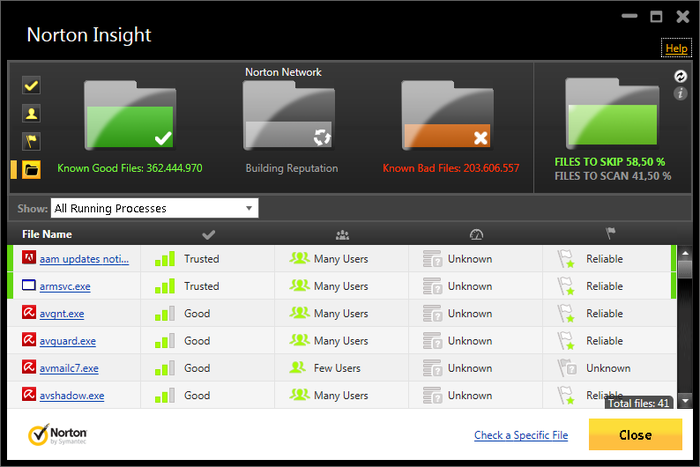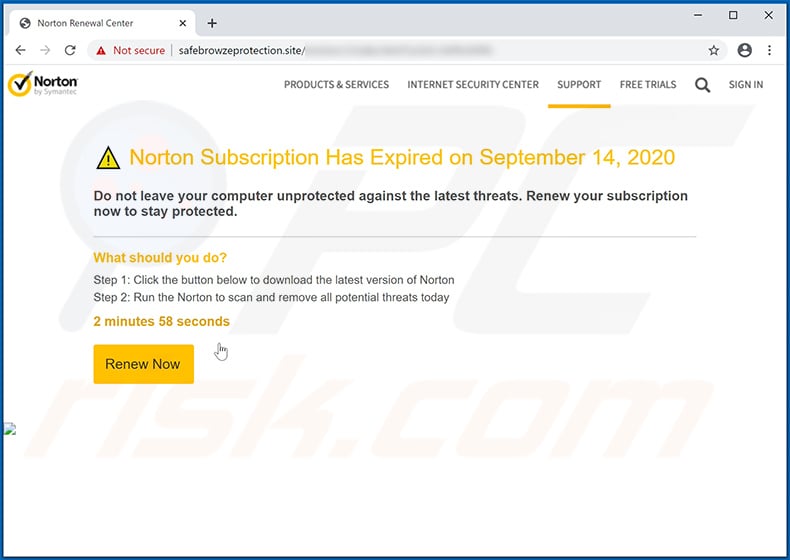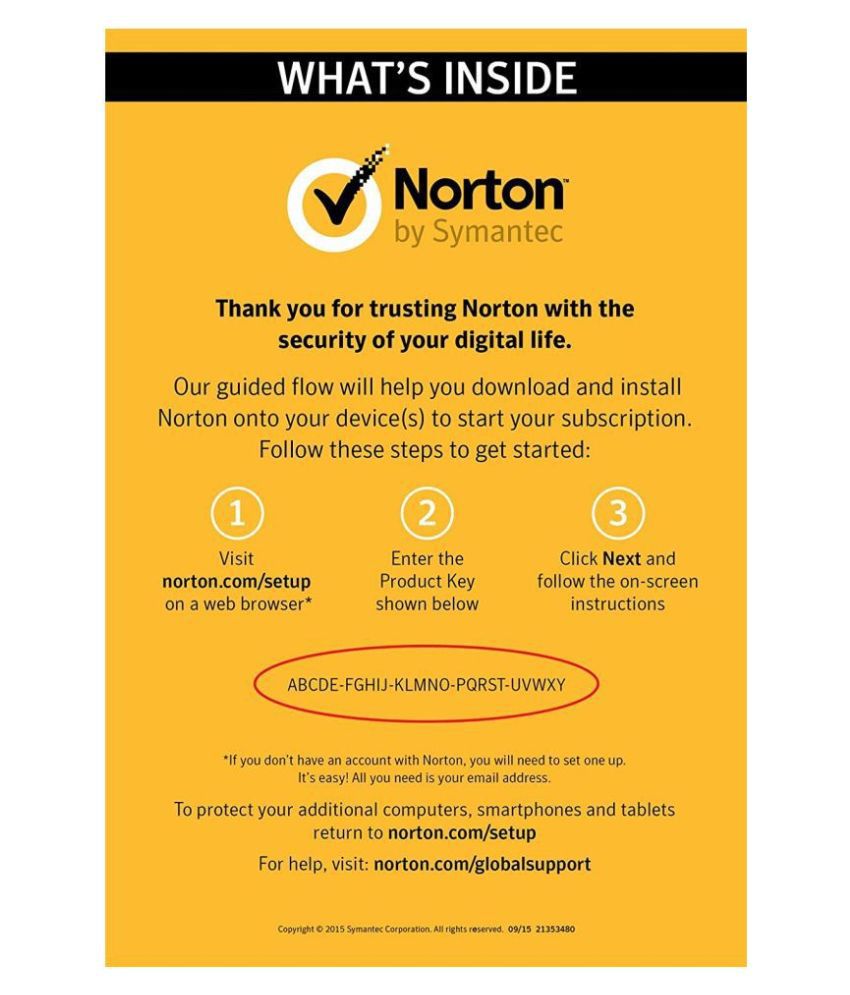

From there, scammers walk users through downloading AnyDesk remote access software and are told how to enable it for unattended access. So how are these scammers operating? To cancel the subscription, scammers require you to visit a support site, which pretends to be a BestBuy Geek Squad support site.

But if you let them, they could install malware, block you from getting to your own files, and sell you worthless services. Some scammers/threat actors might ask you to “verify” your credit/debit card information, while others might say they need your password to remote into your computer so they can remove the Norton program. As these are fake billing notices, the hope is that the recipient will call the number to be tricked into giving remote access to their computer. (HINT: don’t.) The threat actors constantly change the email subjects, but they all pretend to be a billing subscription from a well-known security company. If this is a mistake, the email says, you should call immediately. The emails state that a charge between $350 to $499 for a security product - maybe an auto renewal or new order, has posted or will post against your account. (HINT: the emails are NOT from these companies.) If access is given, the bad actors will then have the ability to transfer funds out of the members’ accounts through various products.Įmails are being sent out that look like they are from Norton Lifelock, Microsoft, and McAfee, a company that sells antivirus and anti-malware software.example of a scam email When a member calls this number, the bad actors will request login credentials to their online banking profile, to issue a refund.

The text/email essentially thanks the member for their purchase/payment and provides a phone number to call to “If there has been a mistake”. June 2021: There have been recent instances of social engineering where it is reported that threat actors will send text messages and emails to online/mobile banking members pretending to be from a legitimate business. Scammers have become increasingly sophisticated and convincing, so remember never to share information unless you are sure of who you are sharing with. Another common method is to ask you to enter information into a fake website that looks and feels just like the real one. The message may contain a nefarious link leading to an unsecure page that could put your security and privacy at risk. It occurs when a user receives a fake message via social media channel or email from a hacker or social engineer posing as a legitimate business. Phishing is a type of “ social engineering” where a scammer (threat actor) tries to collect personal information from you.


 0 kommentar(er)
0 kommentar(er)
